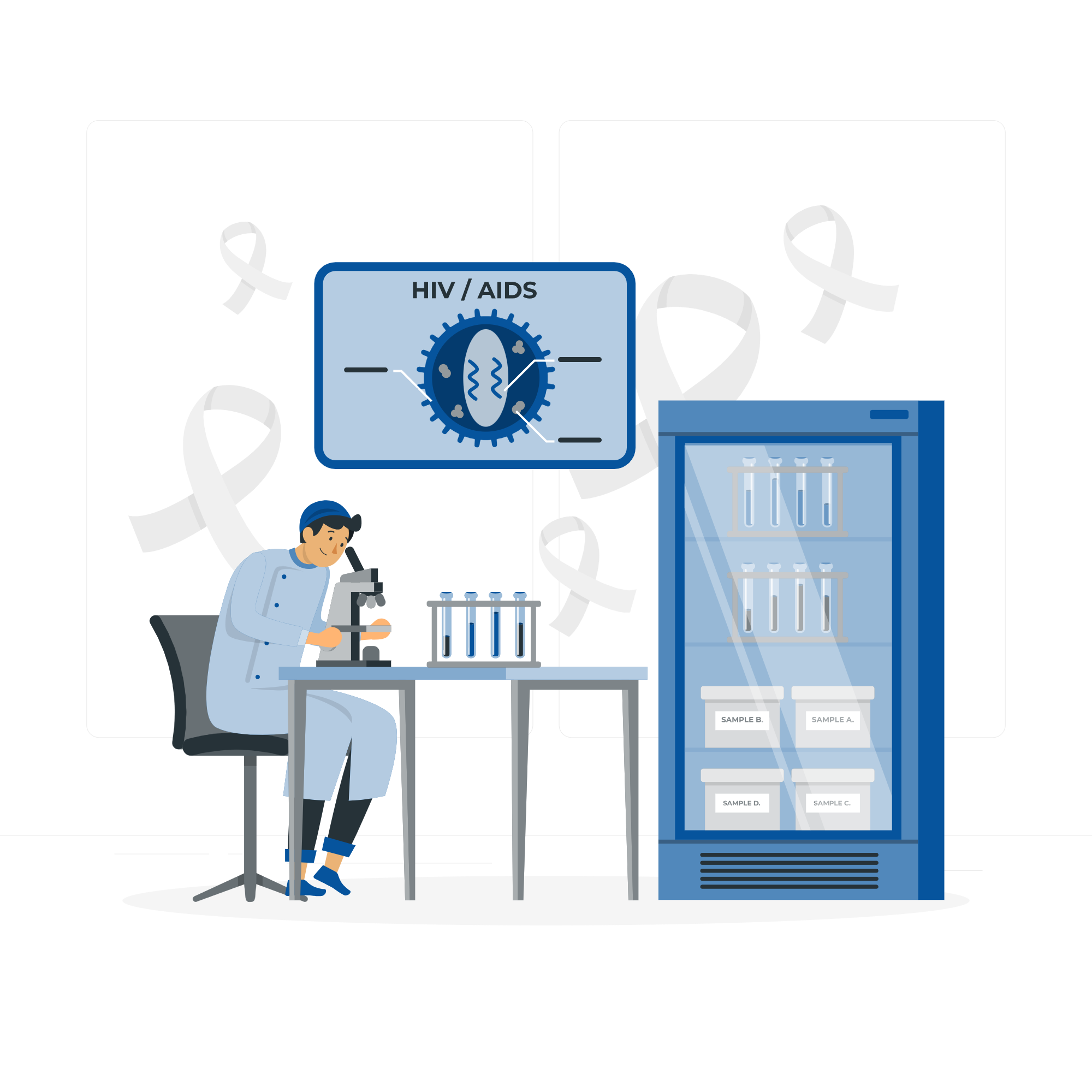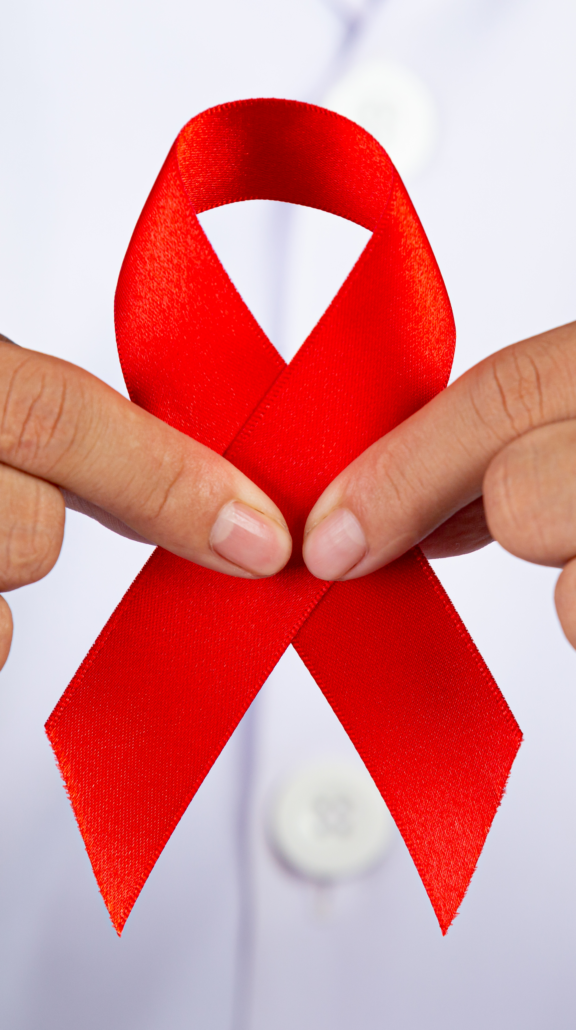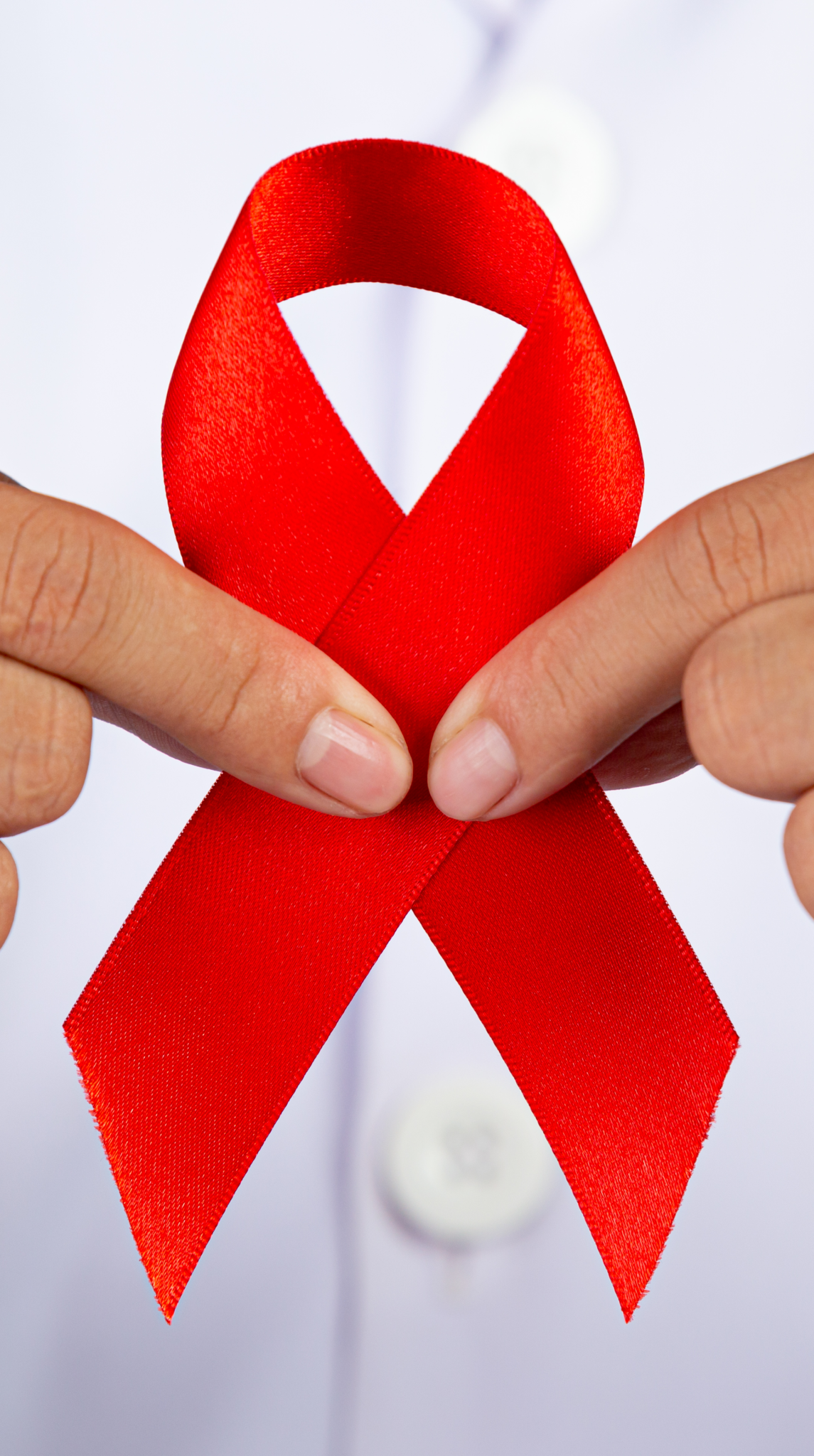Living with OR at risk for HIV?
Researchers at the University of Mississippi Medical Center want to learn more about the chronic health conditions that affect people living with HIV. Join a paid study today!

Fast Facts

Recruiting HIV+ Women Ages 18-45

Recruiting HIV- Men Ages 30-55

Compensation Provided and Transportation Available

Conducted in Jackson, MS
Study Background
These studies aim to understand and reduce the impact of chronic health conditions affecting people with HIV.
The MACS/WIHS Combined Cohort Study (MWCCS) is designed to investigate a spectrum of questions relating to the basic science, clinical science, and epidemiology of HIV infection in the U.S., with a focus on comorbidities among men and women living with HIV. Areas of interest include cardiovascular and pulmonary health, neuropsychological, aging, cancer, psychosocial, and health disparities.
The Study of Treatment And Reproductive Outcomes in Women (STAR) cohort seeks to answer questions related to the effects of HIV infection and HIV-related medical conditions on women of reproductive age. It builds on the work of the Women’s Interagency HIV Study (WIHS), which was developed in 1993 and is one of the largest federally funded longitudinal cohort studies comprising almost 4,000 women living with HIV (WLWH) or at-risk for HIV infection. Recently, WIHS transitioned to combine with the Multicenter AIDS Cohort Study (MACS), a cohort of gay and bisexual men, to form the MACS/WIHS Combined Cohort Study (MWCCS). Utilizing the backbone of the MWCCS, STAR was developed to obtain information on reproductive age WLWH and those at risk for HIV infection, focusing on the Southern region of the US.
Your participation could lead to better treatments for individuals living with HIV. Further research and join a compensated study today!

Study Background
These studies aim to understand and reduce the impact of chronic health conditions affecting people with HIV.

The MACS/WIHS Combined Cohort Study (MWCCS) is designed to investigate a spectrum of questions relating to the basic science, clinical science, and epidemiology of HIV infection in the U.S., with a focus on comorbidities among men and women living with HIV. Areas of interest include cardiovascular and pulmonary health, neuropsychological, aging, cancer, psychosocial, and health disparities.
The Study of Treatment And Reproductive Outcomes in Women (STAR) cohort seeks to answer questions related to the effects of HIV infection and HIV-related medical conditions on women of reproductive age. It builds on the work of the Women’s Interagency HIV Study (WIHS), which was developed in 1993 and is one of the largest federally funded longitudinal cohort studies comprising almost 4,000 women living with HIV (WLWH) or at-risk for HIV infection. Recently, WIHS transitioned to combine with the Multicenter AIDS Cohort Study (MACS), a cohort of gay and bisexual men, to form the MACS/WIHS Combined Cohort Study (MWCCS). Utilizing the backbone of the MWCCS, STAR was developed to obtain information on reproductive age WLWH and those at risk for HIV infection, focusing on the Southern region of the US.
Your participation could lead to better treatments for individuals living with HIV. Further research and join a compensated study today!

Additional Information
The primary purpose of this study is to learn more about the health conditions that affect people living with HIV.
You may qualify for this study if you meet the following criteria.
Inclusion Criteria for Men:
- 30-55 years old
- HIV negative
- At risk of contracting HIV (by having unprotected sex, having sex with HIV positive partner, intravenous drug use, STI diagnosis, etc.)
- Willing to be consented
Inclusion Criteria for Women:
- 18-45 years old
- HIV positive
- Willing to be consented
Once enrolled, participation involves a screening visit, a physical exam, a blood draw, and other medical and research tests, including an echocardiogram, pulmonary lung function test, and mental health assessments.
Yes, qualifying participants will receive compensation for their time. Transportation is also available.
There is no cost to you for participating in the study.